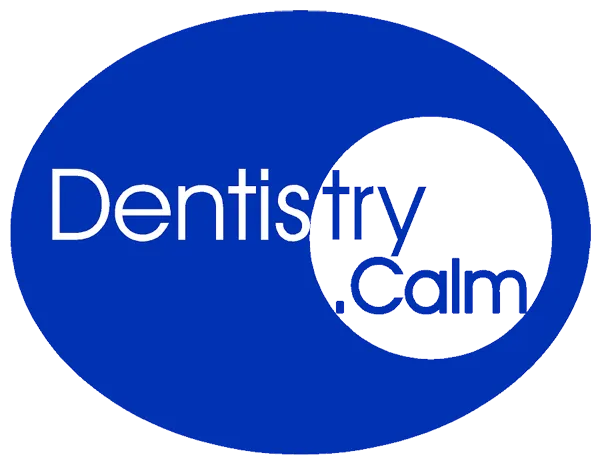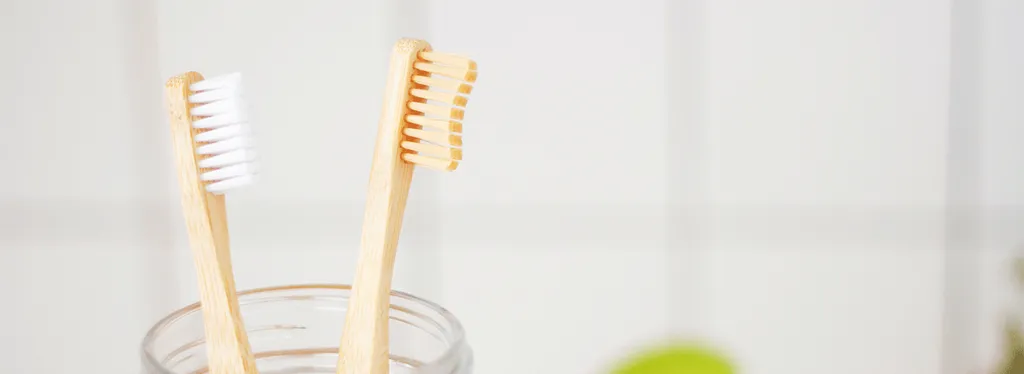When your tooth is too damaged or decayed to be saved, or your wisdom teeth have been bothering you, tooth extraction can help you protect your oral health. Your Taylor, MI, dentists, Drs. James Stewart and Nimrat Dhillon, at Dentistry Calm, make your comfort a priority during tooth extractions.
How do dentists remove teeth?
Before your extraction begins, you'll receive injections of a local anesthetic that will numb the area around your tooth and block pain. Your extraction won't begin until your dentist makes sure you're completely numb. Once the procedure starts, you may feel pressure or hear cracking or popping sounds, but you won't experience any pain.
During a simple extraction, your dentist loosens the tooth with an instrument called an elevator. The elevator separates the tooth from the ligament that holds it in place, allowing it to be lifted out of the socket with forceps.
If your tooth is impacted (covered by bone or tissue) or the extraction is complicated, you may need to see an oral surgeon for a surgical extraction. You may receive a local anesthetic or a sedative before the procedure. After cutting through the bone and tissue blocking an impacted tooth, the surgeon breaks the tooth into several pieces for easy removal.
You may receive a few stitches after tooth extraction in the Taylor dental office. The stitches dissolve on their own and don't need to be removed.
What is the tooth extraction recovery process like?
Your dentist will place a gauze pad over your extraction site to control bleeding and will give you a few pads you can use at home. Over-the-counter medications can help ease any pain you may feel immediately after the extraction.
Soft foods and liquids are recommended after tooth extraction. You can gradually add solid foods as the extraction site heals.
Don't rinse your mouth for the first 24 hours after your extraction or spit. After 24 hours, rinse gently with a saltwater solution. Rinsing too soon or spitting could dislodge the clot that's forming over the extraction site.
It's also important to avoid drinking from a straw or smoking for the first day or two after an extraction. Smoking and using a straw can increase your risk of a painful dry socket.
Do you need tooth extractions? Call your dentists at Dentistry Calm in Taylor, MI, Drs. James Stewart and Nimrat Dhillon, at (734) 946-7700 to schedule your appointment.

